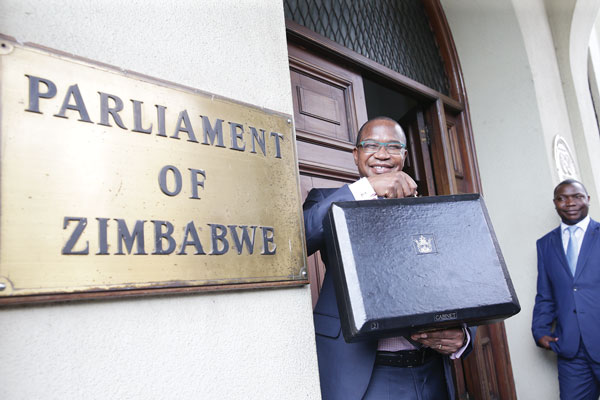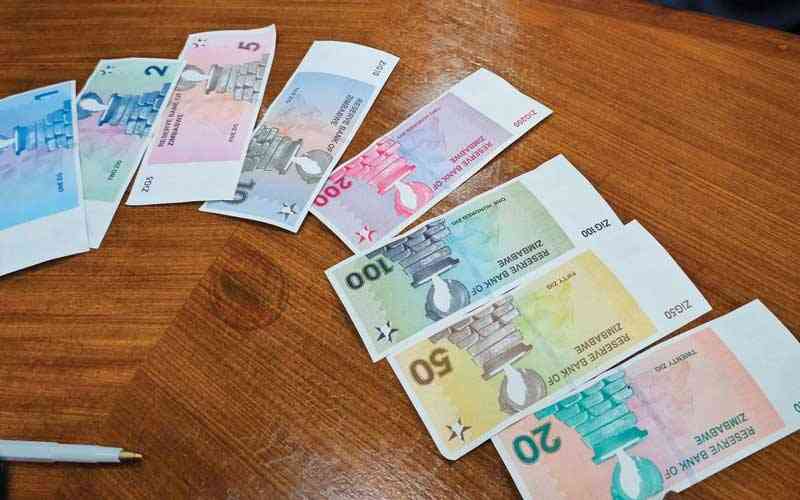
DURING the countdown to the mid-term budget review last month, there were calls for it to be “pro-poor” taking into account the high levels of poverty and depressed demand in the country.
But, on July 29, 2021, when the mid-term review statement was presented before Parliament, Finance minister Mthuli Ncube’s budget was anything but pro-poor.
Instead, he maintained the tax-free threshold at $10 000, which is nearly four times below the poverty datum line.
However, Ncube forgets that consumer spending is essential to the gross domestic product because without it no growth occurs. This is because consumer spending drives demand which in turn determines the level of production.
An increase in demand translates to increased tax inflows and concomitantly government revenue.
This week’s half-year report by the Confederation of Zimbabwe Retailers (CZR) clearly demonstrated the relationship between disposable income and GDP when it said that the budget statement retained the income tax threshold at $10 000 instead of raising it to $50 000 where the cost of living is fast galloping towards.
CZR was concerned that this grave disparity in the mid-term fiscal policy would result in the suffocation of demand, especially for low-income earners who have a higher marginal propensity to consume.
“While we understand that personal income tax is the third biggest contributor to total tax revenue, contributing 17%, and that government is trying to maximise its revenue collection, it is our view that the low-income employee, who is also the consumer is already overtaxed as they also have to pay additional taxes such as the 2% intermediated money transfer tax, among others,” CZR noted.
- Chamisa under fire over US$120K donation
- Mavhunga puts DeMbare into Chibuku quarterfinals
- Pension funds bet on Cabora Bassa oilfields
- Councils defy govt fire tender directive
Keep Reading
Simply put, overtaxation of employees translates to low consumer spending.
The Keynesian economic theory amply articulates the interrelationship among consumer spending, government policy on taxation and demand where it says to end a recession a government must stimulate spending.
To put it in simple terms, if everyone stopped spending, businesses would eventually go bankrupt and lay-off workers, resulting in the government having no one to tax.
Our government officials act as if they dwell on another planet where they are not in touch with reality. Honestly, how can the Finance minister fail to comprehend that there is dire need to stimulate demand, hence the economy which is his cash cow.
We implore Ncube to descend from Mars and deal with reality because the nation looks up to him in these difficult times. The people expect development and that can only happen in a functional economy.











